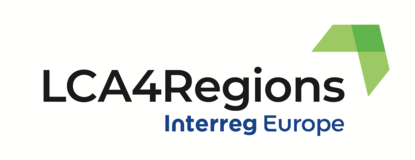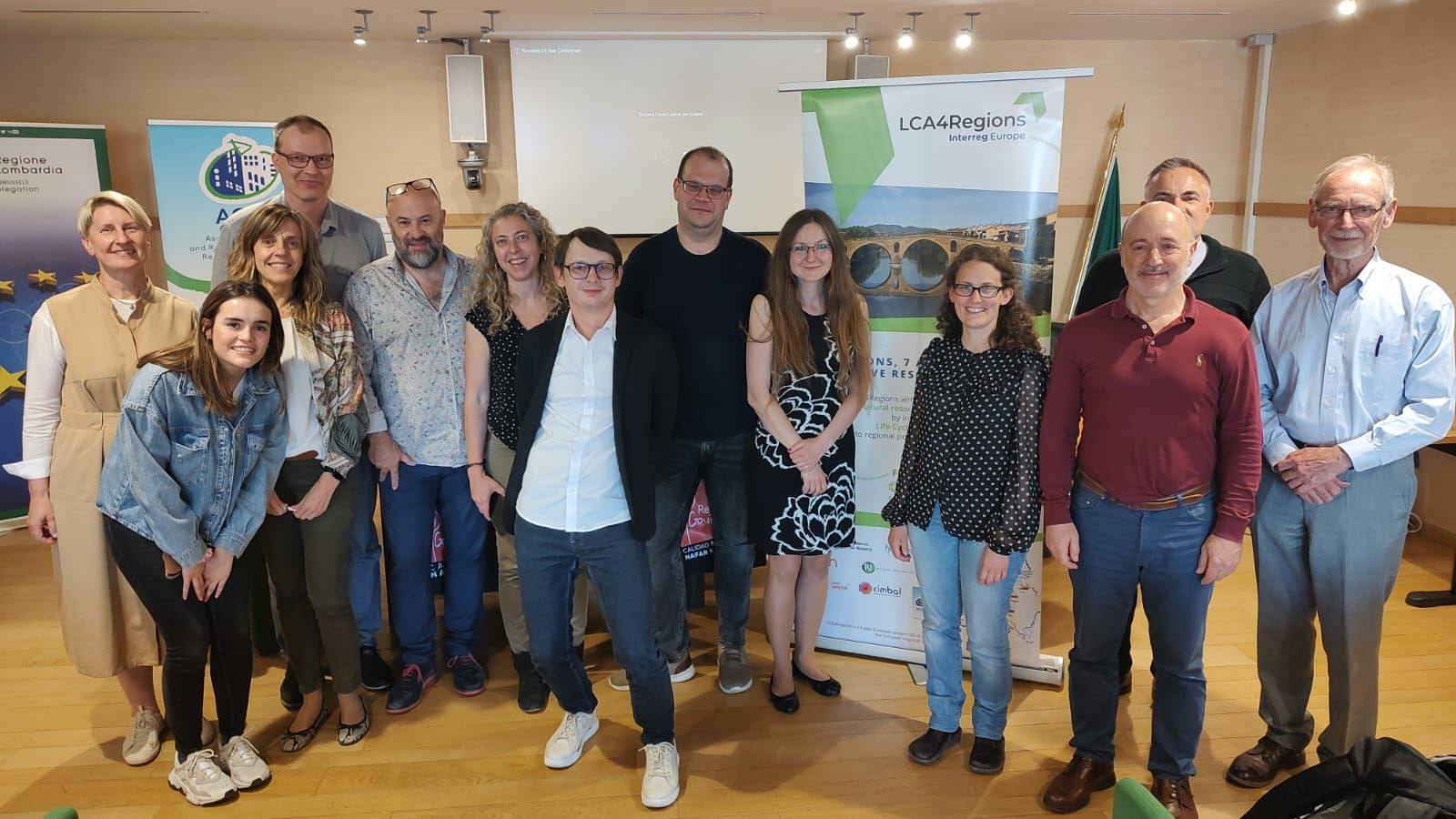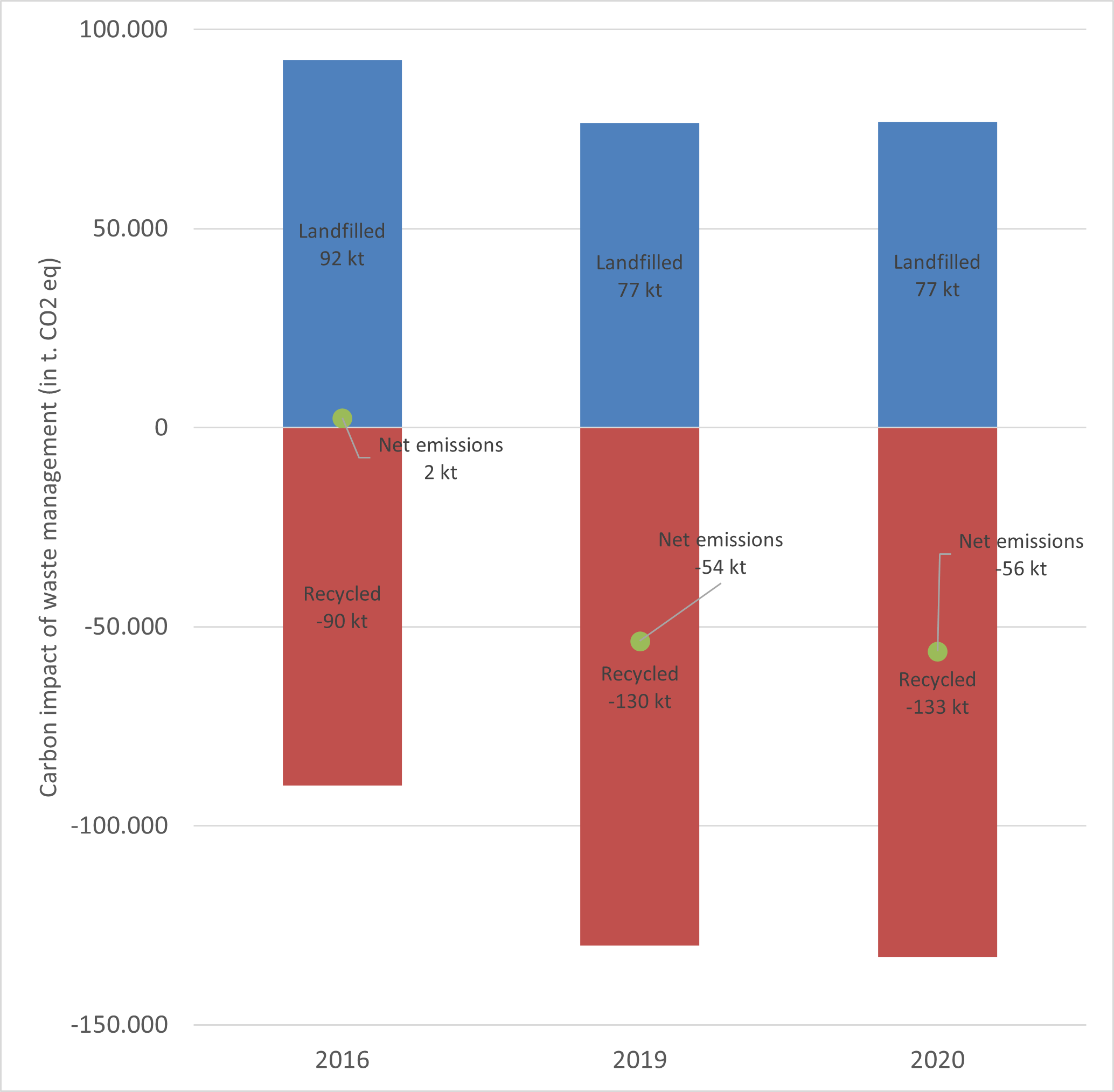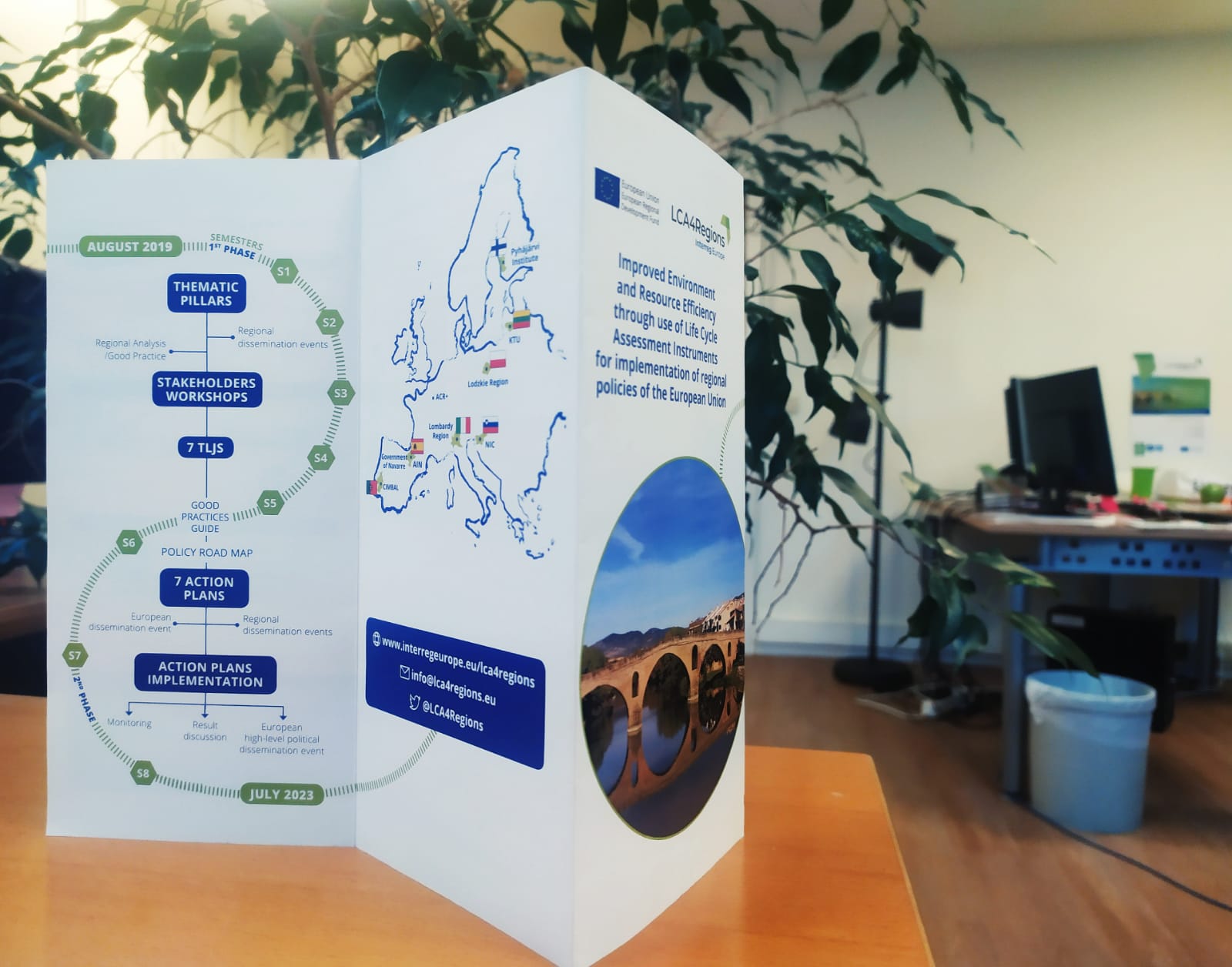To prepare for the upcoming TLJ, a series of articles presents the policy context of the Lodzkie Region, after the national level we move to the regional one.
REGIONAL LEVEL
National legislation and strategies apply at regional level, but each region has its own more detailed strategy and regional operational programme.
Development Strategy for the Lodzkie Region 2030
The most important document of the regional government defines the vision and goals of the regional policy in the economic, social and spatial dimension, as well as the actions necessary to achieve them. It identifies circular economy (CE) as one of the development trends, the basic idea of which is the use of waste generated in the production process for another process. The concept presented in the strategy assumes rational use of available resources by using non-renewable raw materials to the lowest possible extent, reducing the amount of landfill and minimizing the negative impact of this process on the environment, and extending the life cycle of products. The implementation of this concept should result in a change to a more conscious and responsible consumption, e.g. through the development of a deposit system for packaging, or support for the creation of damaged equipment repair points, etc. This may be an opportunity for business in the Lodzkie Region, but technological modernization is necessary for them to operate like that. The process of industrial transformation of the region is to assume the widest possible implementation of CE.
One of the measures provided in the strategy is to increase the competitiveness of enterprises, among others through support for implementation of new business models and modern and pro-ecological solutions among SMEs, including in the field of CE, e.g. using product life cycle assessment methodology.
Another measure is the development of infrastructure towards a CE, among others, through the adaptation of the municipal waste collection system to the requirements of a CE, including support for the construction, extension, modernization of selectively collected waste collection points, repair points for damaged equipment; municipal waste sorting plants and reloading stations and development of a deposit system for packaging.
Territorial Plan of Just Transformation of the Lodz Region (draft)
This transformation plan for the Belchatow Basin, developed by the Lodzkie Region, is linked to the launch of the Just Transformation Fund, which will support coal regions affected by negative socio-economic changes linked with the transition to a climate-neutral economy and the end of coal mining. The plan applies to 35 municipalities in the area, representing about 20% of the region's area.
One of the operational goals of the plan is "a competitive, innovative and climate-neutral economy based on smart growth, diversified industry, advanced technologies and attractive jobs". Planned activities include the creation of new businesses related to the green low-carbon economy. The new green economy model is to be based on zero-emission and resource efficient industry implementing CE principles and using RES. Outcomes include a diversified, innovative and resource-efficient economy, including implementing CE solutions.
The 2nd objective of the plan provides for actions related to re-branding and skills improvement of workers in the mining and energy sectors. It includes job placement and vocational training in renewable energy, the CE sector and in the professions of the future. It opens up opportunities to provide training in the implementation of environmental life cycle assessment and thus build the capacity of LCA.
Regional Operational Programme for Lodzkie Region (ROP LO) 2014-2020
This is the primary instrument of regional policy of the Lodzkie Region, whose implementation continues in 2021. Its aim is to improve economic competitiveness, social cohesion and spatial accessibility of the region with sustainable use of specific features of the economic and cultural potential of the region and full respect for its natural resources. It supports activities aimed at implementing the CE model, e.g.:
- Measure II.3 Improvement of the competitiveness of SMEs (Sub-measure II.3.1) - implementation of innovative products, processes of product manufacture or provision of services, including eco-innovations,
- Measure V.2 Waste management - investments in infrastructure for selective waste collection and processing (recycling, composting of waste), prevention of waste generation, promotion of reuse).
However, it does not explicitly promote life cycle assessment methods. As part of ROP LR 2014-2020, support is provided, among others, for measures aimed at improving the condition of the environment, investments related to the need to meet appropriate quality standards and the condition of the environment, as required by law, and projects involving the installation of renewable energy sources are also supported.










